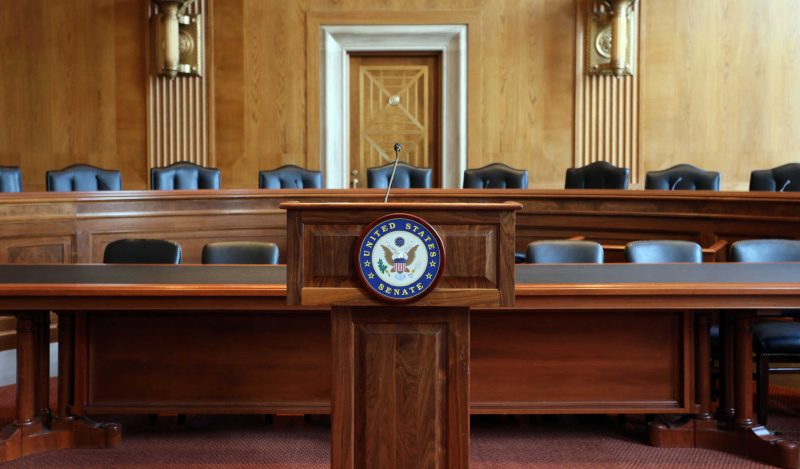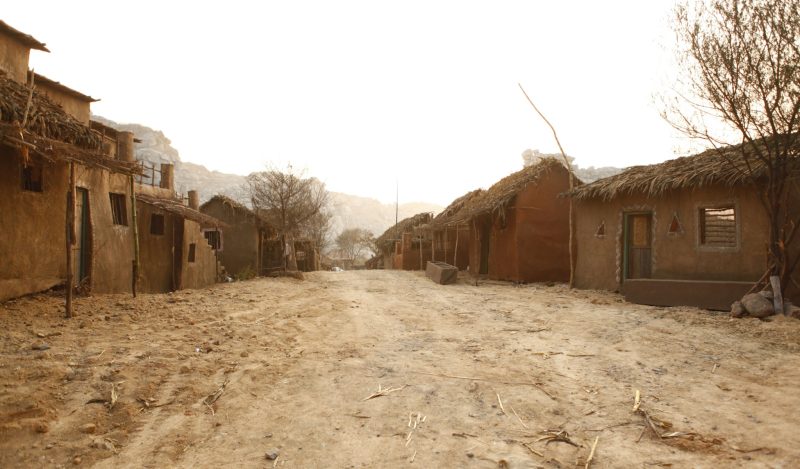Other than a few dead-end doom addicts on social media, most people agree that the COVID-19 pandemic is over. SARS-CoV-2 has entered a stage of endemicity, similar to that of common cold coronaviruses, where there will be sporadic, seasonal outbreaks of cold and flu-like illness as immunity wanes in recovered and vaccinated individuals.
The pandemic was a worldwide disaster, claiming the lives of millions of people. It wasn’t a war against an enemy, as the virus didn’t surrender or sign any peace agreements. SARS-CoV-2 was contained by population immunity, just as similar pandemic viruses have been in the past.
The origin of the virus is still in dispute. Some virologists have tried to shut down any debate while pushing a zoonotic origin as the only possibility. However, a lab leak is no longer a wild theory, it’s a plausible explanation based on evidence from a variety of independent sources.
Yet there was another parallel disaster that was certainly man-made, and that was the US pandemic response. Panicked health officials and politicians failed to implement measures that would protect those most vulnerable to severe COVID-19, including elderly in assisted living facilities, which comprised one-third of all COVID deaths. Instead, leaders insisted on harmful and unfocused measures such as shutdowns, school closures, and universal masking, with little evidence of their benefit.
Attention to other medical issues, such as cancer screenings and diagnosis and treatment of other diseases, as well as childhood vaccinations, all disappeared in a wave of COVID monomania. The consequences of this ill-advised singular focus will be with us for many years. It is of paramount importance that the mistakes that led to this man-made disaster are not repeated.
The governments of European countries have begun to conduct public inquiries into their COVID responses, including Norway, Sweden, The Netherlands, the United Kingdom, and Denmark. It is past time for the United States to join this list, and critical given the worldwide influence of the CDC, FDA, and NIH/NIAID.
Members of the US Congress are conducting such an inquiry, and their efforts require the help of physicians, scientists and public health policy experts to identify key policy decisions and provide a rationale for investigating those policies and the officials and government agencies that devised and implemented them, with the ultimate goal of meaningful reform.
With help from Brownstone Institute, the Norfolk Group was organized in May, 2022, with the goal of providing a blueprint containing key questions for a congressional inquiry into the public health aspects of the US response to the COVID-19 pandemic. The group consists of eight scientists, physicians and policy experts, and seven of us met in person in Norfolk, Connecticut over Memorial Day weekend. All eight members continued to meet virtually over the summer, fall, and winter as the document was written and continuously revised.
Because the group was comprised of individuals from diverse backgrounds, without oversight from any public or private institutions (including Brownstone), we chose to name ourselves The Norfolk Group, and publish our document independently on the website www.NorfolkGroup.org.
The eight members of the Norfolk Group are:
Jay Bhattacharya, MD, PhD; epidemiologist, health economist, and professor at Stanford University School of Medicine; founding fellow of the Academy of Science and Freedom.
Leslie Bienen, MFA, DVM; veterinarian, zoonotic disease researcher, and faculty member at Oregon Health & Science University-Portland State University School of Public Health (through December 31st 2022). She left in January 2023 to work in healthcare policy.
Ram Duriseti, MD, PhD; emergency room physician and computational engineer for medical decision making; associate professor at Stanford School of Medicine.
Tracy Beth Høeg, MD, PhD; physician and PhD epidemiologist in the Department of Epidemiology & Biostatistics, University of California-San Francisco, clinical researcher in healthcare policy and practicing Physical Medicine & Rehabilitation physician.
Martin Kulldorff, PhD, FDhc; epidemiologist and biostatistician; professor of medicine at Harvard University (on leave); founding fellow of the Academy of Science and Freedom.
Marty Makary, MD, MPH; surgeon and healthcare policy scientist; professor at Johns Hopkins University.
Margery Smelkinson, PhD; infectious disease scientist and microscopist whose research predominantly focuses on host/pathogen interactions.
Steven Templeton, PhD; immunologist; associate professor at Indiana University School of Medicine.
The document provides questions and supporting information regarding ten areas of the US pandemic response, including:
- Protecting High Risk Americans
- Infection Acquired Immunity
- School Closures
- Collateral Lockdown Harms
- Public Health Data and Risk Communication
- Epidemiologic Modeling
- Therapeutics and Clinical Interventions
- Vaccines
- Testing and Contact Tracing
- Masks
In preparing this document, we did not conduct any interviews or unearth any previously unseen documents. All the information contained in the document was and is publicly available, and we have provided links to each source throughout.
We have detailed evidence that was available at each time point during the pandemic, and have documented instances where the US health agencies, officials, and politicians ignored or suppressed discussion of that evidence. We ask questions that attempt to discover why key individuals failed to consider all aspects of public health instead of engaging in a damaging singular focus on community-wide suppression of an age-stratified and comorbidity-amplified infectious disease. Why was the uncertainty of evidence supporting the effectiveness of mitigation measures not acknowledged? How was pressure from pharmaceutical companies, teachers’ unions, and other special interests related to the abandonment of evidence-based policies? These questions broadly apply to all of the ten areas covered in our document, and together with specific questions and supporting data, resulted in eighty pages. This was no small effort, and I’m proud to have been a part of it.
Our document focuses solely on the public health-related aspects of the US pandemic response. Although the origin of SARS-CoV-2 may be in dispute, our document does not ask questions related to this active area of investigation. Separate committees have been and will be organized to address that issue. We have also avoided the topics of economic mismanagement and the role of media in creating or exacerbating pandemic response crises. A media-focused document was released in July, 2022, and an economics-related document was released in December.
Critics will no doubt reflexively label our document as a partisan effort funded with a secret pile of Koch money. Other than the initial efforts of Brownstone Institute to bring us together, there was no outside influence. Our website is self-funded. Understandably, many of our questions and supporting evidence could and likely will be used for partisan purposes, as one party will lead any COVID-19 response commission while the other may be reluctant to cooperate. It is our hope that despite this messy and partisan process, the truth will emerge, individuals will be held accountable, and an opportunity will emerge for serious reform of dysfunctional government agencies.
An inquiry into the US COVID-19 pandemic response cannot be avoided, and we are trailing other countries in efforts to identify mistakes, demand accountability, and propose solutions. It might be an ugly process, but it is a necessary one. We hope our document will move US leaders and policymakers toward the goal of ensuring that the mistakes of our pandemic response are never repeated.
Reposted from the author’s Substack
QUESTIONS-FOR-A-COVID-19-COMMISSION-by-the-Norfolk-Group
Published under a Creative Commons Attribution 4.0 International License
For reprints, please set the canonical link back to the original Brownstone Institute Article and Author.









